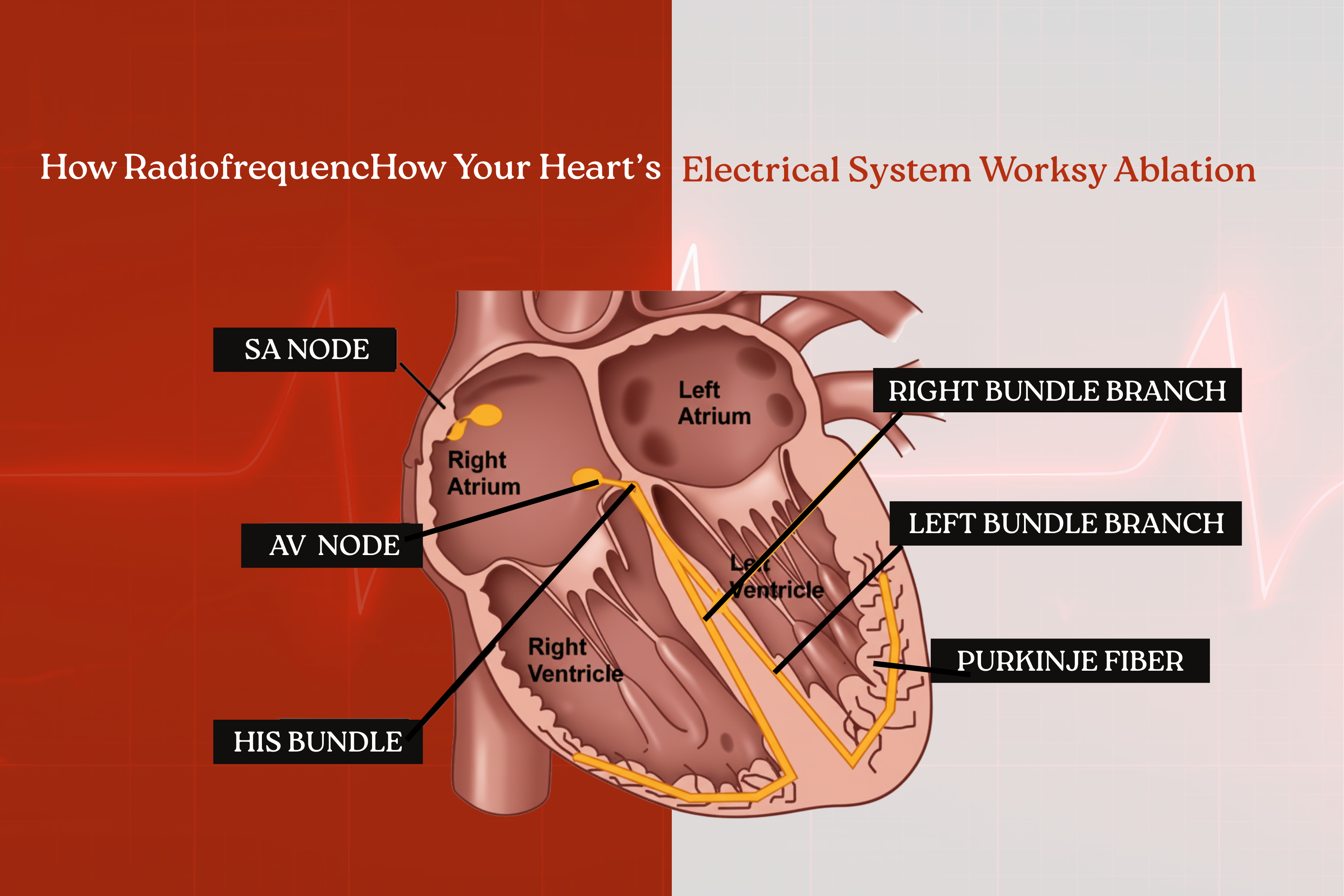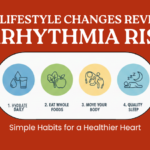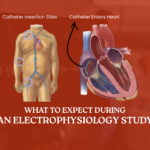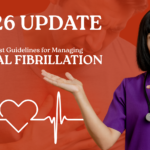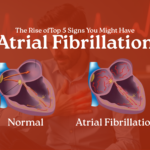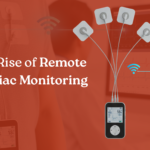Ever wondered what makes your heart beat? It’s not just a simple pump, your heart has its very own electrical system that keeps it ticking smoothly,
24/7. Understanding how this system works is important to protect your
heart health and avoid serious heart problems or heart disease.
Let’s break it down in the simplest way possible.
What Powers Your Heartbeat?
Your heart’s electrical system controls the rhythm and speed of every beat.
Without it, your heart wouldn’t know when to squeeze and pump blood to
your body. In cardiology, this system is called the conduction system of the
heart.
1. The Sinoatrial (SA) Node – The Natural Pacemaker
The SA node is located in the right atrium of the heart and acts as the
natural pacemaker. It sends out regular electrical signals (about 60 to 100
per minute) that tell your heart when to beat.
2. The Atrioventricular (AV) Node – The Signal Traffic Controller
The signal from the SA node reaches the AV node next. The AV node delays
the signal just enough to let the atria (upper chambers) pump blood into
the ventricles (lower chambers) before they contract.
3. The Bundle of His and Purkinje Fibers – The Delivery System
The electrical signals travel through the Bundle of His and Purkinje fibers to
the ventricles. These fibers spread the signal widely, ensuring both
ventricles contract in sync and pump blood efficiently.
Why Should You Care About This?
When everything works well, your heart beats in a regular, steady rhythm.
But if something goes wrong in this electrical system, it can lead to heart
problems. Common issues include:
- Atrial Fibrillation (AFib): Chaotic signals cause your heart to beat
irregularly, increasing risks of stroke. - Ventricular Tachycardia: Your heart beats too fast, which can be
dangerous. - Heart Block: Signals get delayed or blocked, leading to slow or
irregular heartbeats.
That’s where cardiology experts come in. These doctors specialize in
detecting and treating problems related to the heart’s electrical system.
“Dil ki dhadkan sahi rahegi, tabhi zindagi suhani lagegi!”
(When the heart beats right, life feels beautiful!)
Simple Tips to Keep Your Heart’s Electrical System Healthy
Good heart health is not just about exercise or diet. It also involves taking
care of your heart’s electrical function. Here are easy tips recommended
by cardiology specialists:
Limit caffeine and alcohol – too much can disturb your heart rhythm.
Manage stress – try yoga, meditation, or simple breathing exercises.
Get regular health check-ups, especially if you have a family history of
heart disease.Don’t ignore warning signs like palpitations, dizziness, or shortness of
breath. Consult a cardiology expert immediately if you experience them.
Why See a Cardiology Specialist?
If you feel your heart is acting up, don’t ignore it. A good cardiology
specialist will help you understand your condition and suggest the best
arrhythmia treatment plan. Early detection keeps you safer and helps you
maintain your cardio well-being for life.
In Short
Your heart’s electrical system is an amazing piece of biological
engineering. Keeping it healthy means understanding it better and taking
simple steps to protect it.
Stay informed, stay healthy, and consult a cardiology expert to keep your
heart in perfect rhythm.


